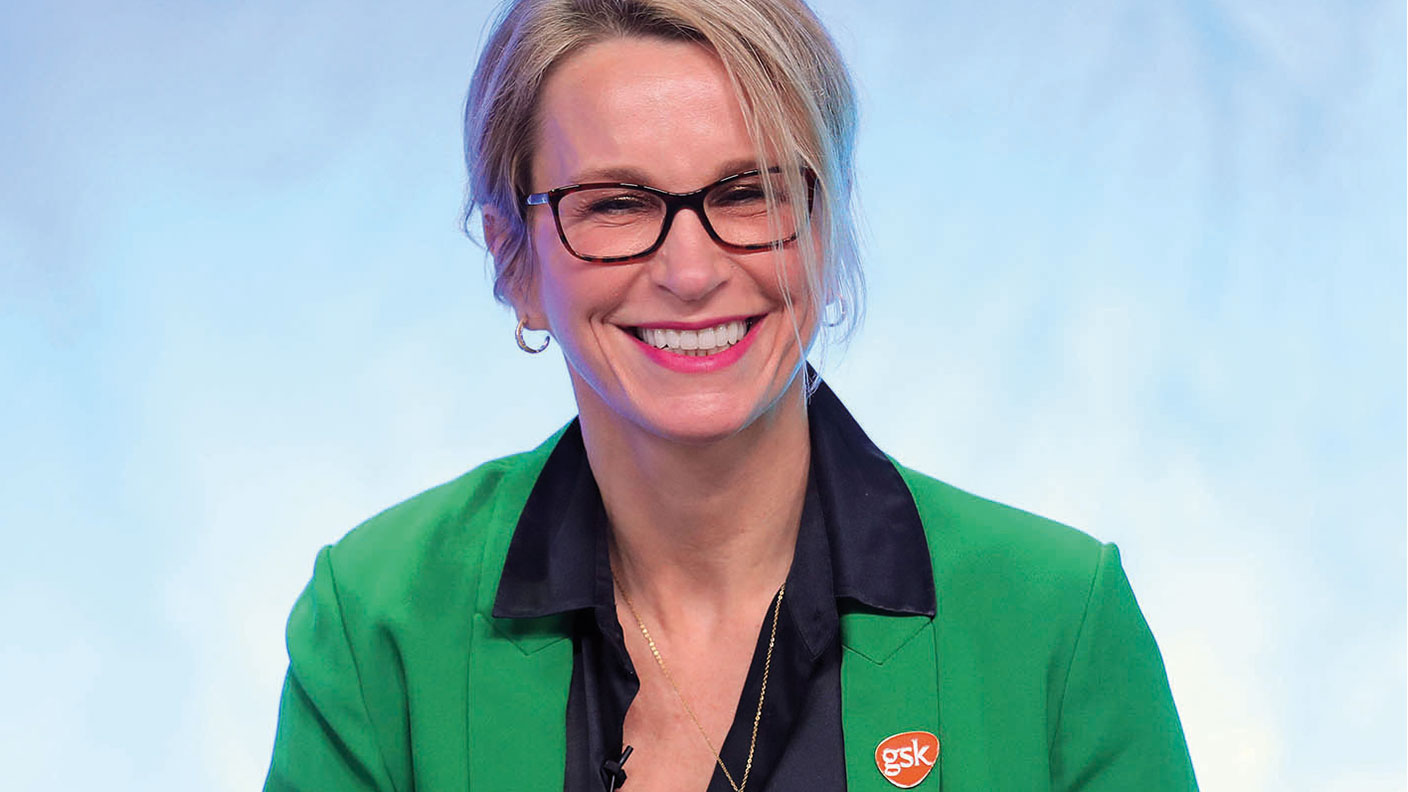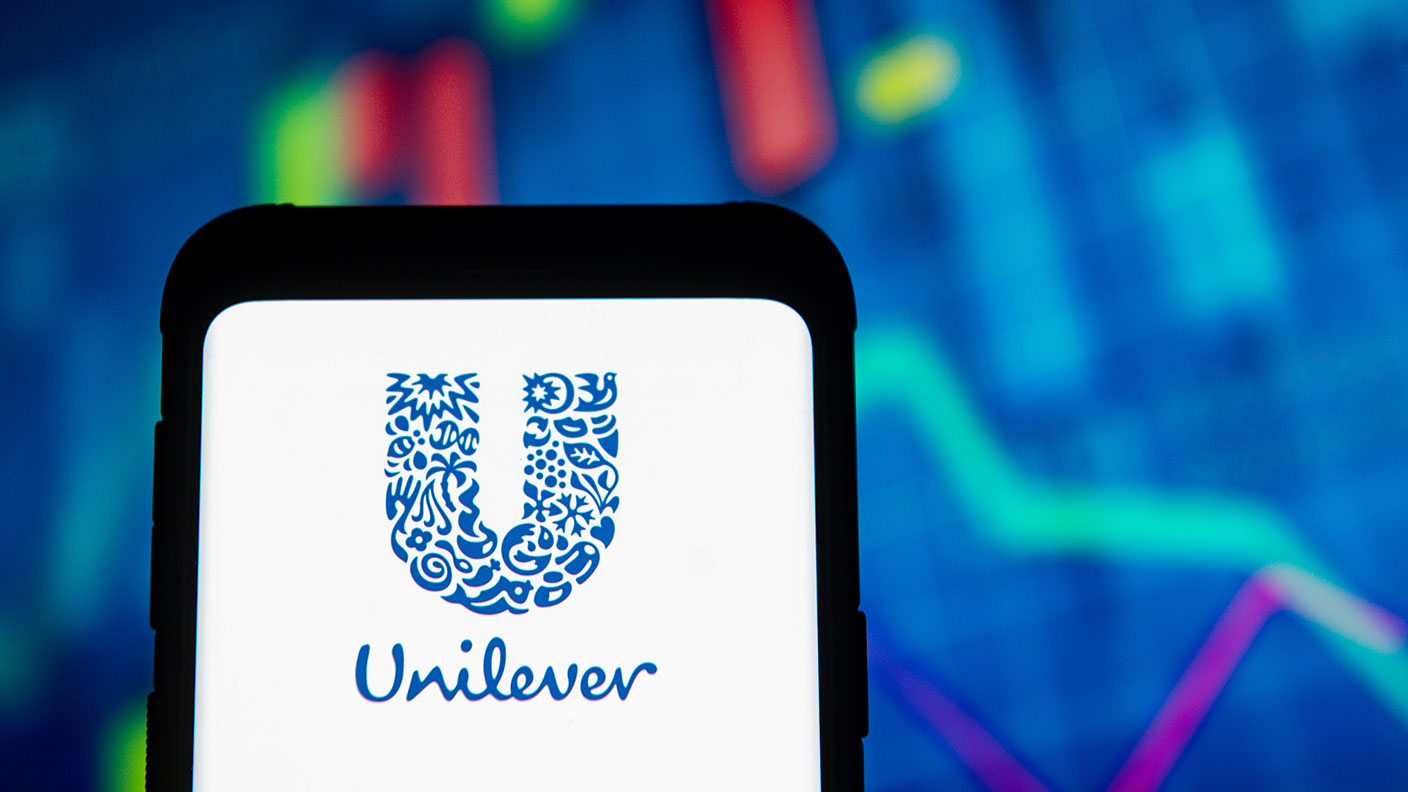Company in the news: Unilever
Big consumer companies such as Unilever are popular with investors, says Phil Oakley. But is it worth the price?
Get the latest financial news, insights and expert analysis from our award-winning MoneyWeek team, to help you understand what really matters when it comes to your finances.
You are now subscribed
Your newsletter sign-up was successful
Want to add more newsletters?

Twice daily
MoneyWeek
Get the latest financial news, insights and expert analysis from our award-winning MoneyWeek team, to help you understand what really matters when it comes to your finances.

Four times a week
Look After My Bills
Sign up to our free money-saving newsletter, filled with the latest news and expert advice to help you find the best tips and deals for managing your bills. Start saving today!
Investors have developed a liking for consumer companies such as Unilever (LSE: ULVR). That's because branded products tend to have lots of loyal customers. This makes for reasonably predictable profits and respectable returns on assets.
And with Unilever there's supposed to be another attraction emerging markets. The company gets more than half of its sales from emerging economies and that is supposed to grow profits faster.
Trouble is, sales in emerging markets are going up, but not as fast as the City expected. True, they increased by 6.3% in the last quarter, but that's probably not good enough when sales in Europe are shrinking.
MoneyWeek
Subscribe to MoneyWeek today and get your first six magazine issues absolutely FREE

Sign up to Money Morning
Don't miss the latest investment and personal finances news, market analysis, plus money-saving tips with our free twice-daily newsletter
Don't miss the latest investment and personal finances news, market analysis, plus money-saving tips with our free twice-daily newsletter
Throw in the fact that exchange rates are working against the company, and Unilever's earnings are not expected to grow this year.
It's not all bad news though. Unilever's personal care around two billion people a day use Unilever products and ice cream businesses are doing well and taking market share from the competition.
What's more, profit margins are being maintained as the company cuts costs. So Unilever should still generate plenty of cash to pay dividends.
Apart from profits growth, the main stumbling block is Unilever's share price. Paying over 20 times earnings for a business that isn't really growing is hard to justify. On the other hand, it's paying out around 90p a year in dividends, giving it a reasonable yield of 3.4%.
Verdict: hold
Get the latest financial news, insights and expert analysis from our award-winning MoneyWeek team, to help you understand what really matters when it comes to your finances.
Phil spent 13 years as an investment analyst for both stockbroking and fund management companies.
-
 Should you buy an active ETF?
Should you buy an active ETF?ETFs are often mischaracterised as passive products, but they can be a convenient way to add active management to your portfolio
-
 Power up your pension before 5 April – easy ways to save before the tax year end
Power up your pension before 5 April – easy ways to save before the tax year endWith the end of the tax year looming, pension savers currently have a window to review and maximise what’s going into their retirement funds – we look at how
-
 Inflation is hurting Unilever, but investors shouldn’t give up just yet
Inflation is hurting Unilever, but investors shouldn’t give up just yetAnalysis Consumer goods group Unilever has been underperforming as inflation bites. It's made errors in the past, says Rupert Hargreaves, but with valuable brands and a global reach, it still has plenty going for it.
-
 Why GSK should turn down Unilever’s billions
Why GSK should turn down Unilever’s billionsNews Unilever has offered GSK £50bn for its consumer division. But while the cash will be a temptation, the deal is not in the interests of shareholders or of anyone else, says Matthew Lynn.
-
 Unilever slides and GSK bounces after GSK knocks back £50bn bid
Unilever slides and GSK bounces after GSK knocks back £50bn bidNews Unilever shares fell to their lowest level in around five years, after its £50bn takeover bid for GSK’s consumer health unit was rejected.
-
 Unilever puts the U in U-turn
Unilever puts the U in U-turnFeatures The Anglo-Dutch consumer-products giant irritated shareholders with plans to redomicile in Rotterdam. Now it has beaten a retreat. Marina Gerner reports.
-
 Unilever and the erosion of shareholder democracy
Unilever and the erosion of shareholder democracyFeatures The way Unilever went about planning the vote on moving its head office out of the UK wasn’t normal and it wasn’t right, says Merry Somerset Webb.
-
 Unilever leaves Britain
Unilever leaves BritainFeatures Consumer-goods giant Unilever has chosen Rotterdam over London for its unified headquarters. Takeover threats and taxes played a part. Alice Gråhns reports.
-
 Nick Train: the value in Unilever
Nick Train: the value in UnileverFeatures Quality growth companies are still cheap relative to history, thinks fund manager Nick Train.
-
Unilever should snub the “crazy cost-cutters”
Features Unilever could soon dispose of some of its best-known brands in a bid to appease shareholders. But should it listen to them?